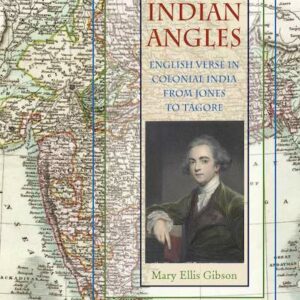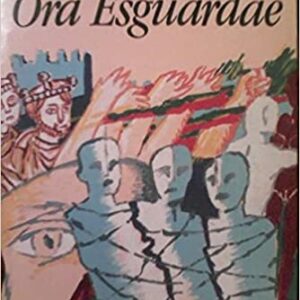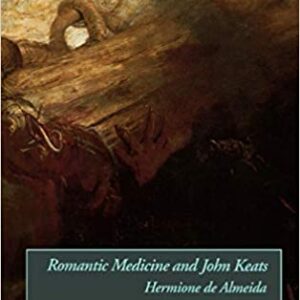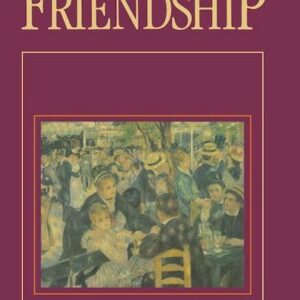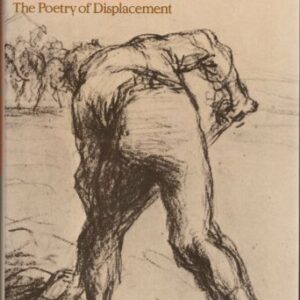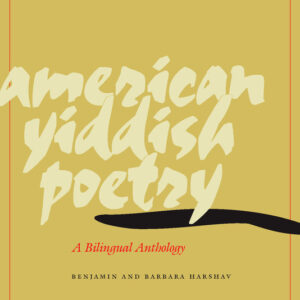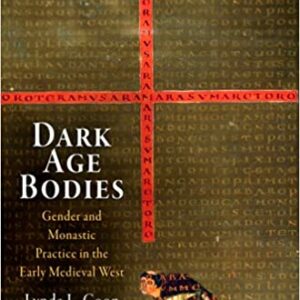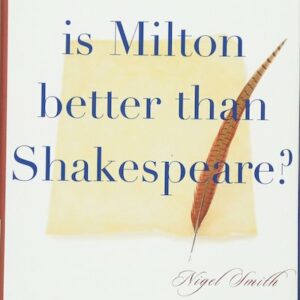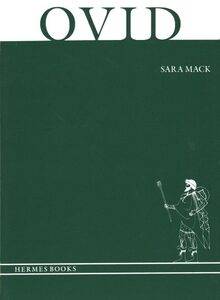
Dante
By R. W. B. Lewis (NHC Fellow, 1989–90) Acclaimed biographer R.W.B. Lewis traces the life and complex development–emotional, artistic, philosophical–of this supreme poet-historian. Here we meet the boy who first encounters the mythic Beatrice, the lyric poet obsessed with love and death, the grand master of dramatic narrative and allegory, and his monumental search for … Continued
